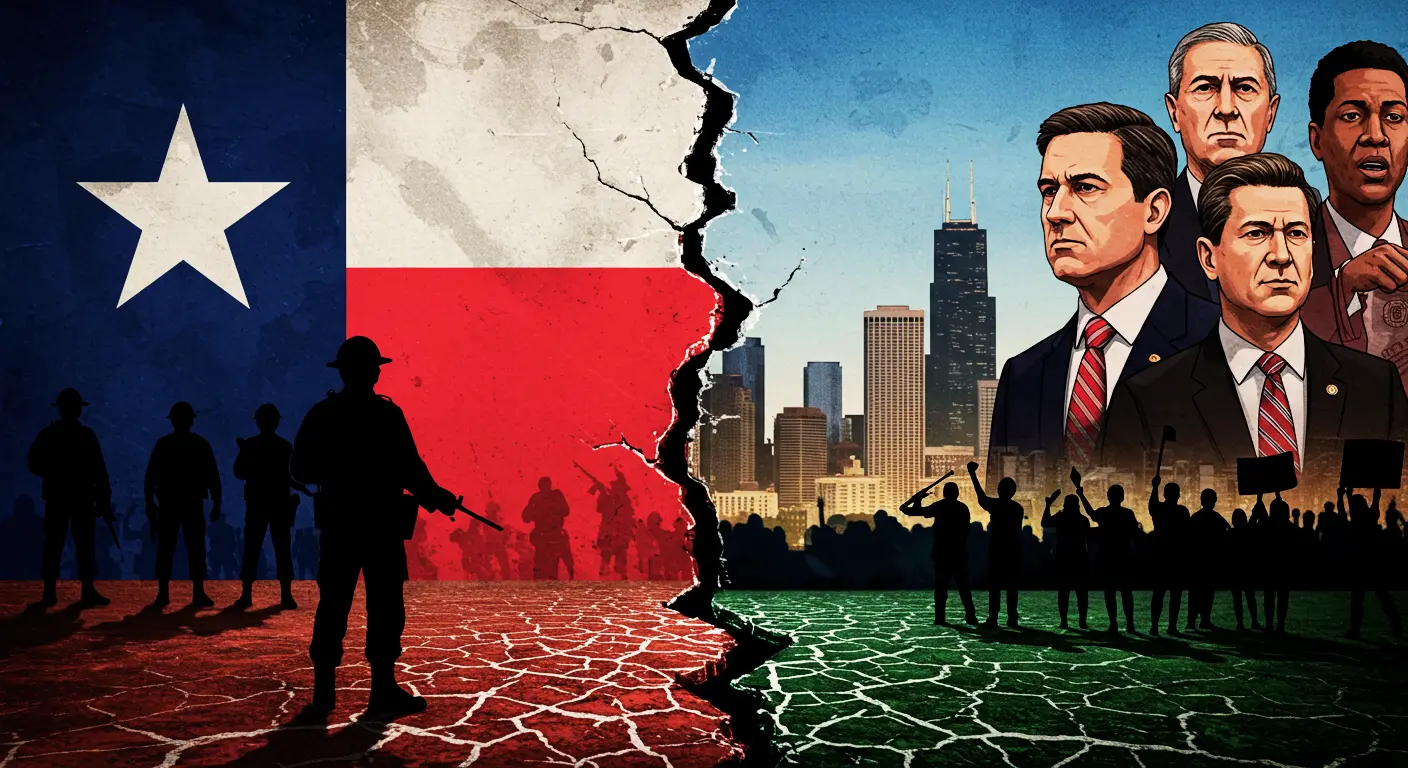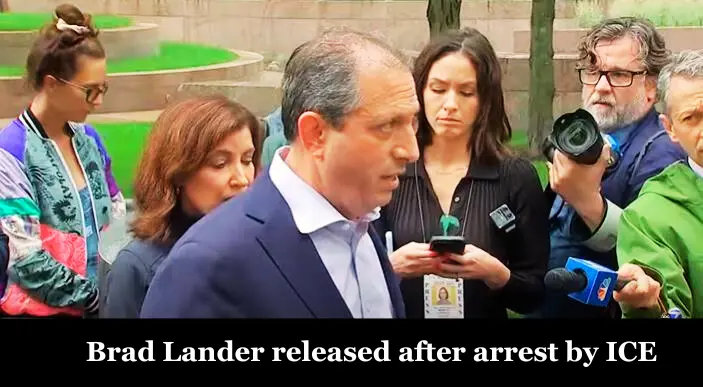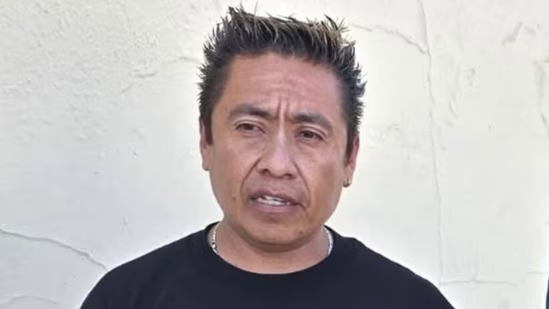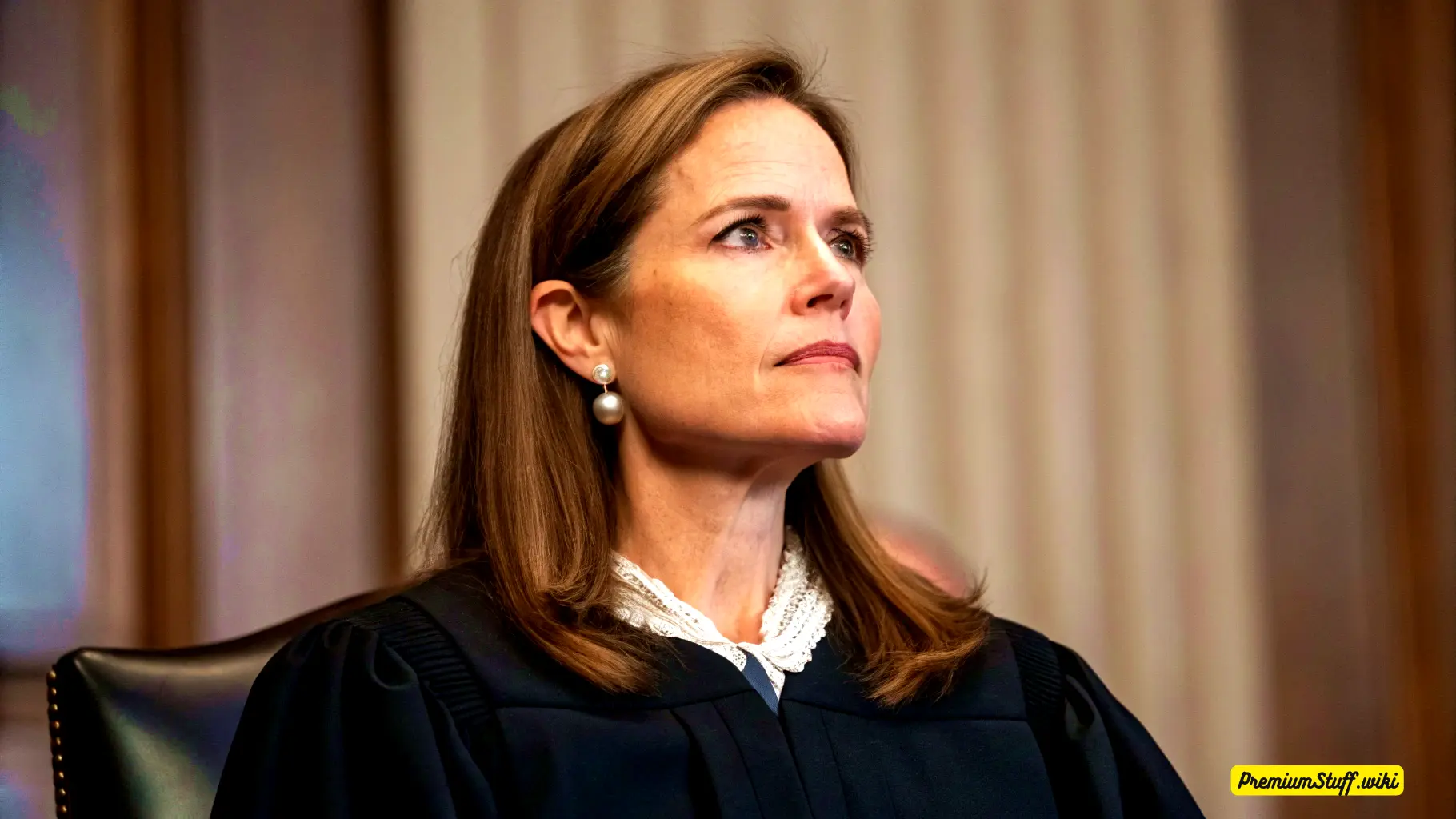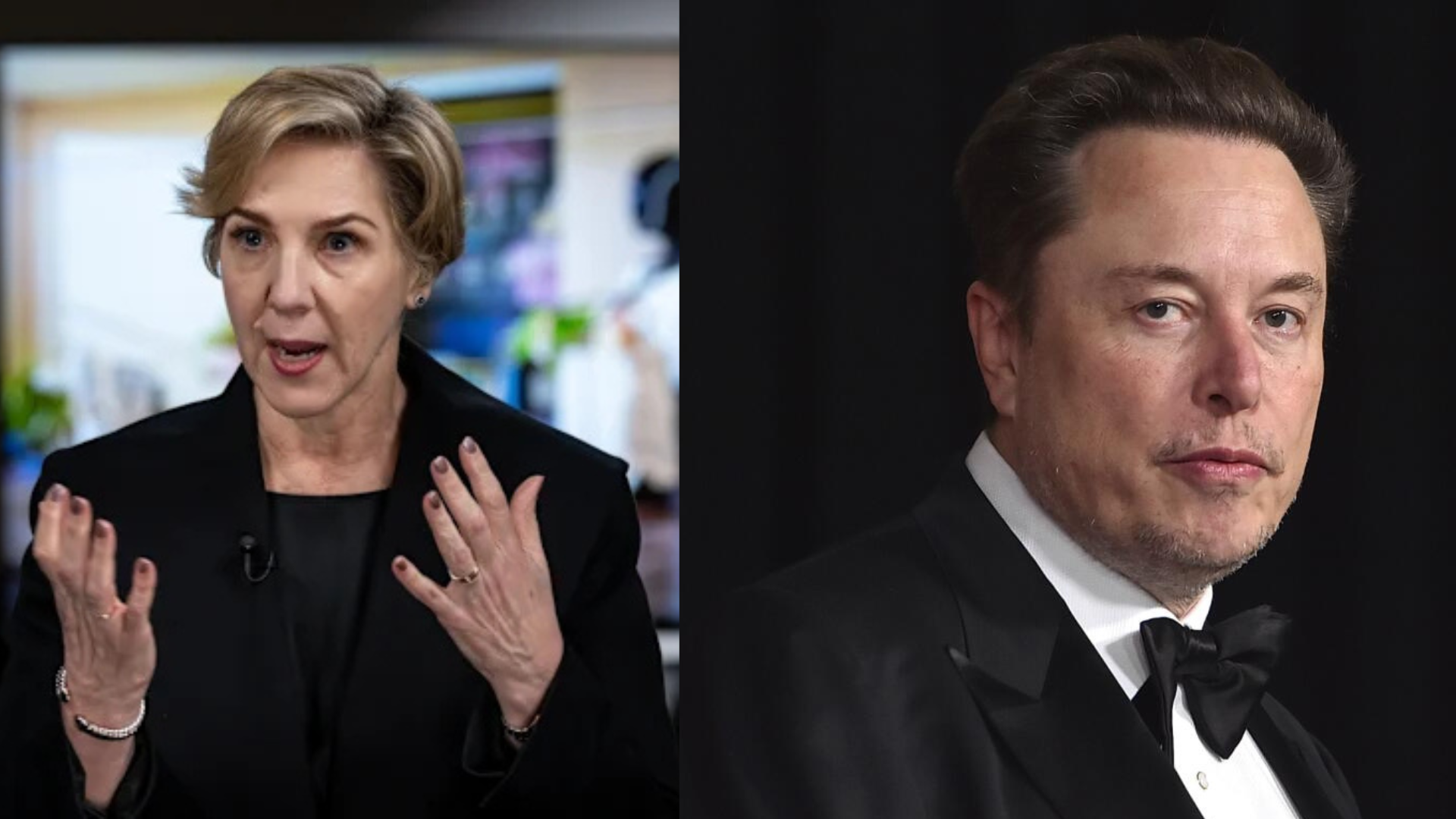U.S. Plans to Deport Wrongfully Deported Man to Liberia, Court Halts Move
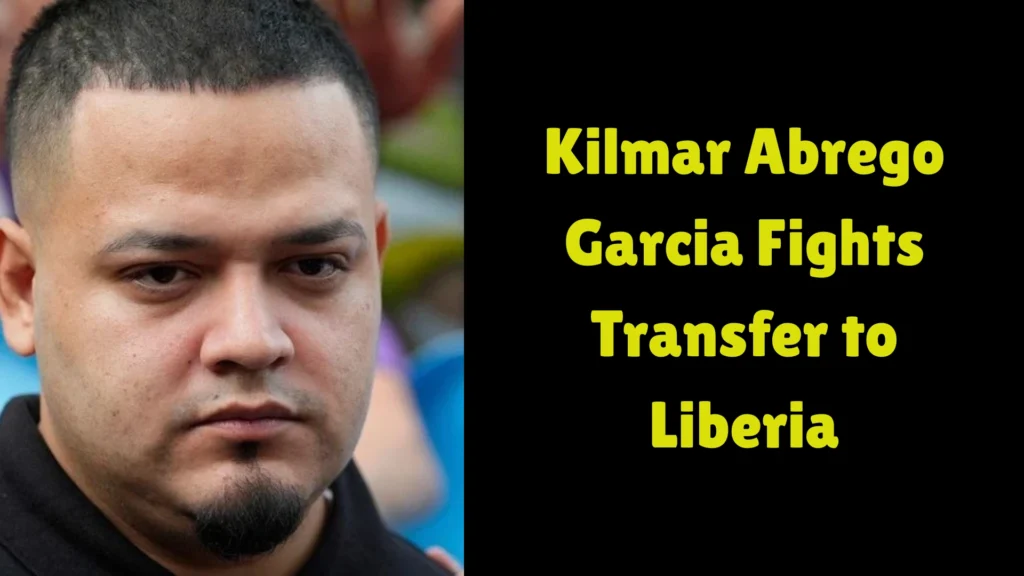
In a dramatic escalation of a high-profile immigration case, the Trump administration has notified a federal court of its plan to deport Kilmar Abrego Garcia—a Salvadoran man previously wrongfully deported to a notorious mega-prison—to the West African nation of Liberia. The government indicated the removal could happen as soon as October 31, but a judge has put the plan on hold .
This development marks the fourth African country proposed as a potential destination for Abrego Garcia, whose legal ordeal has become a focal point in the debate over U.S. immigration enforcement.
The Government’s New Plan for Liberia
In a court filing on October 21, 2025, attorneys for the Department of Justice revealed the new plan . They stated that the Department of Homeland Security (DHS) has received “diplomatic assurances” from Liberia regarding the treatment of individuals removed from the United States and is making final arrangements for his transfer .
The government’s filing portrays Liberia as a “thriving democracy” and “one of the United States’s closest partners on the African continent,” arguing that its constitution provides robust human rights protections . Lawyers for the government also pointed out that while Abrego Garcia has expressed fear of persecution in more than twenty countries, Liberia is not on that list .
A Contrasting Picture of Liberia
The administration’s sunny characterization of Liberia stands in stark contrast to the U.S. State Department’s own human rights report from the previous year. That report documented “significant” human rights issues in the country, including “arbitrary or unlawful killings” and “cruel, inhuman, or degrading treatment or punishment” .
The push for deportation to Liberia coincides with a period of strengthened diplomatic ties between the two nations. In mid-October, Liberia’s Minister of Foreign Affairs met with U.S. officials at the White House to discuss shared priorities, including “migration reform” and “mobility frameworks” .
A Long and Troubled Legal Odyssey
The plan for Liberia is the latest chapter in a long and troubled legal journey for Kilmar Abrego Garcia.
- Wrongful Deportation and Torture: In March 2025, despite a 2019 court order protecting him from deportation to El Salvador due to his fear of persecution, Abrego Garcia was deported to his home country. He was sent directly to CECOT, a notorious mega-prison, where he says he endured psychological and physical torture .
- Return to the U.S. and Criminal Charges: Following international outcry, he was brought back to the United States in June. He was then charged with human smuggling in connection with a 2022 traffic stop in Tennessee. He has pleaded not guilty, and a federal judge has found evidence suggesting the charges may be vindictive prosecution in retaliation for his successful lawsuit over his wrongful deportation. A critical hearing on that matter is scheduled for November 4 .
- A Series of African Nations: Since his return, the administration has attempted to deport him to several other third countries. Previous plans to send him to Uganda, Eswatini, and Ghana all fell through .
A Viable Alternative in Costa Rica
Throughout these proceedings, a seemingly viable alternative has been on the table. Abrego Garcia has repeatedly stated his willingness to be deported to Costa Rica, which has formally agreed to accept him as a refugee .
His attorneys argue that the government’s refusal to pursue this option is perplexing and punitive. “Having struck out with Uganda, Eswatini and Ghana, ICE now seeks to deport our client Kilmar Abrego Garcia to Liberia—a country with which he has no connection, thousands of miles from his family and home in Maryland,” said his attorney, Simon Sandoval-Moshenberg .
He added, “Costa Rica has agreed to accept him as a refugee, and remains a viable and lawful option” .
The Human Cost and the Legal Battle
At the heart of the legal battle in Maryland is whether the government is detaining Abrego Garcia for the legitimate purpose of removal or as punishment for challenging the system. His lawyers are asking the court to order his release, arguing that his detention has become unconstitutional .
A 2001 Supreme Court ruling generally prohibits detaining immigrants for longer than six months if the government is not making meaningful progress toward their removal . U.S. District Judge Paula Xinis, who is overseeing the immigration case, has previously expressed skepticism about the government’s efforts. Earlier in October, she noted a lack of evidence that the administration had made any real attempt to remove him to Costa Rica .
For now, Judge Xinis has barred the government from deporting Abrego Garcia to Liberia or anywhere else while his legal challenge to his detention is pending . The future of the case hinges on her upcoming rulings, which will determine if he is released or if the deportation to Liberia can proceed.


